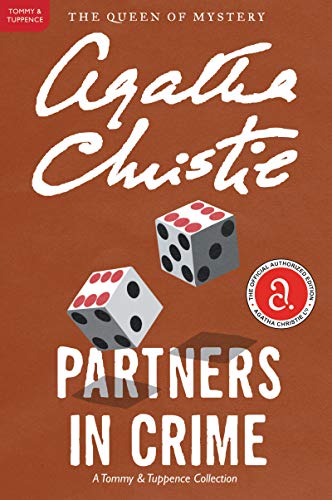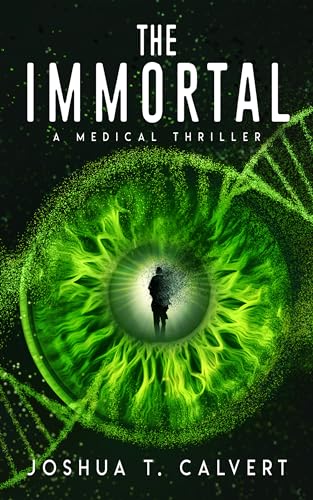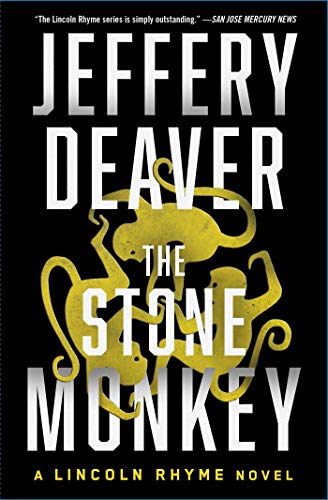From Smithsonian Magazine: Volume features 22 letters from author to his family, photographs of the razed city of Dresden, telegrams and news clippings… Support our news coverage by subscribing to our Kindle Nation Daily Digest. Joining is free right now!
When he was an American prisoner of war in Nazi Germany, Kurt Vonnegut famously survived the 1945 aerial bombing of Dresden by hiding in the meat locker of a slaughterhouse—a harrowing experience that closely informed the plot of his masterful 1969 novel, Slaughterhouse-Five. During his lifetime, Vonnegut commented extensively on this wartime episode, cataloguing the destruction of “possibly the world’s most beautiful city” and describing the burial duties undertaken by him and his fellow POWs: most significantly, the retrieval of 130,000 corpses trapped underground, a task that the writer, in typically blunt fashion, later termed “a terribly elaborate Easter egg hunt.”
But until now, Lauren Christensen reports for the New York Times, a trove of photographs, newspaper clippings and correspondence compiled by Vonnegut and his family between 1944 and 1945 had remained unseen by the public, carefully hidden in the safekeeping of the author’s sister and his father.
The 84-page volume, which sold for $187,500 in Christie’s Fine Printed Books & Manuscripts auction earlier this month, includes 22 letters from Vonnegut to his family, photographs the young soldier took of the razed city of Dresden and a January 1945 telegram stating that “Private First Class Kurt Vonnegut Jr Has been reported Missing in Action.”
According to Christie’s, the notes reflect Vonnegut’s “trademark satire and dry humor” under even the most dire of circumstances. In a January 3, 1945, letter composed around two weeks after his capture, he offers a gross understatement: “It’s been one helluva holiday season for all of us.” And, in a message written two days after his liberation, he declares, “It is a source of great delight to be able to announce that you will shortly receive a splendid relic of World War II with which you may decorate your hearth—namely, me in an excellent state of preservation.”
Read full post on https://www.smithsonianmag.com/














